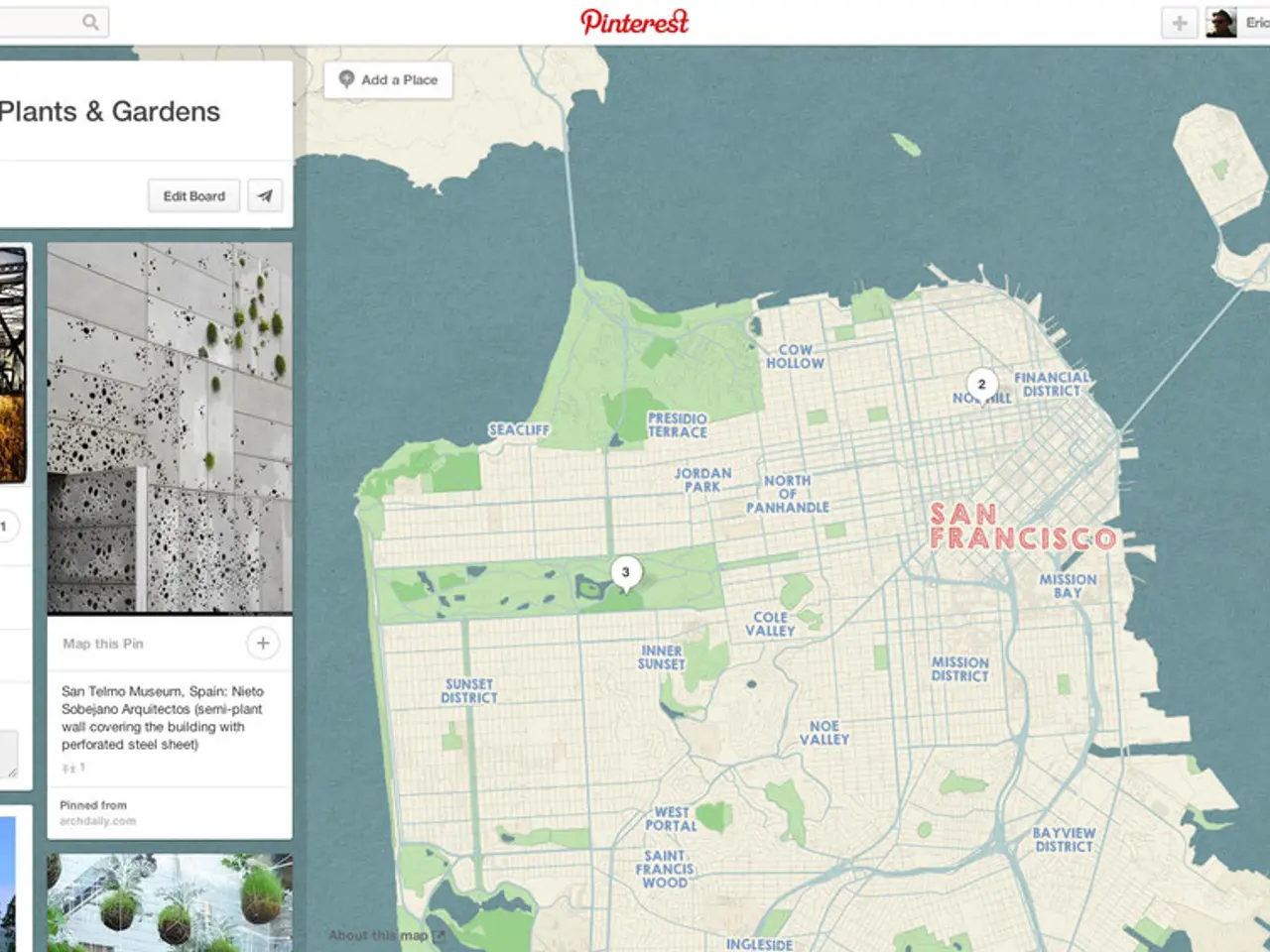YouTube Proposes AI-Based Approach to Categorize Users as Teens or Adults, Ensuring Age-Sensitive Experiences and Safeguards
In a bid to bolster its protection efforts for teen users, YouTube has rolled out an AI-powered age-determination feature [1][5]. This tool analyses a user's video viewing history, content categories, and account age to infer if the user is under 18, regardless of the birthdate on their profile.
For users identified as teens, YouTube applies several safety features. Personalised ads are disabled to protect privacy and safety, repeated views of certain videos are limited to reduce unhealthy binge behaviour, digital well-being tools are enabled by default, and age-appropriate recommendations are provided while access to sensitive or mature content is restricted [1][2][5].
However, if a user is mistakenly classified as a teen, they will experience a more restricted and curated YouTube experience, including missing out on age-restricted content and personalised recommendations [2]. To correct this, the user can verify their age by submitting government-issued ID or credit card information. Upon verification, the usual adult content and settings are restored [1][2][5].
Potential consequences of mistaken teen classification include loss of access to age-restricted content, removal of personalised ads, a cleaner, more restricted homepage and feed, and temporary inconvenience of needing to verify one’s age to regain full access [2].
YouTube's new feature is currently being tested on a small set of users in the United States. It's worth noting that this AI protection aims to provide a safer experience for teens while preserving privacy, but it carries the risk of false positives requiring manual age verification and could impact content availability for misclassified adults [1][3].
In addition to the age-determination feature, YouTube has also updated its monetization policies to help identify mass-produced and repetitive content. Google has taken steps to prevent users from using YouTube with ad blockers, including preventing playback and throttling videos [4].
Moreover, Google has introduced a new AI Overviews clone search results carousel feature on YouTube to help users find content faster [6]. The goal of this feature is to suggest videos with brief AI-generated topic descriptions.
The surge in demand for VPNs in the UK could be attributed to the UK's Online Safety Act, which makes it mandatory for websites and social media platforms to prevent youngsters from accessing or watching adult content [7].
This change by Google might also be an attempt to encourage more users to join its $14/month Premium subscription, offering ad-free, offline, and background playback experiences, among other benefits [8].
References:
[1] YouTube blog post [2] The Verge [3] TechCrunch [4] The Verge [5] Engadget [6] 9to5Google [7] The Independent [8] Business Insider
- The Xbox Series X, a popular gaming console, recently announced a software update that allows it to run Windows 11, expanding the gaming experience for PC users who also use Windows [9].
- As technology advances, gaming companies like Xbox are increasingly using AI for game development, providing more immersive and realistic gaming experiences [10].
- In a similar vein, the gaming industry has been exploring the use of AI for content recommendation and user profile analysis, similar to YouTube's new age-determination feature [11].
- This advancement in technology not only impacts gaming but also extends to other areas such as safety features for young users on social media platforms [12].




